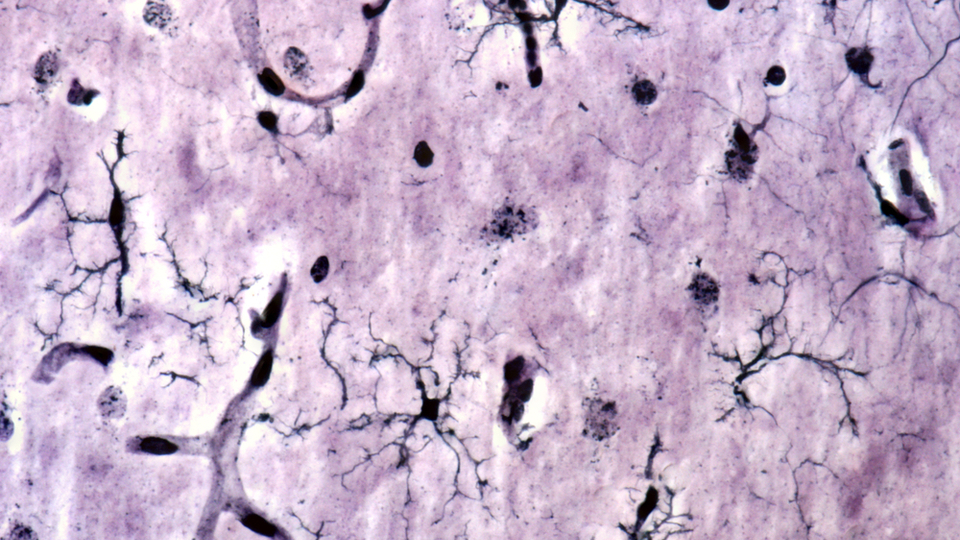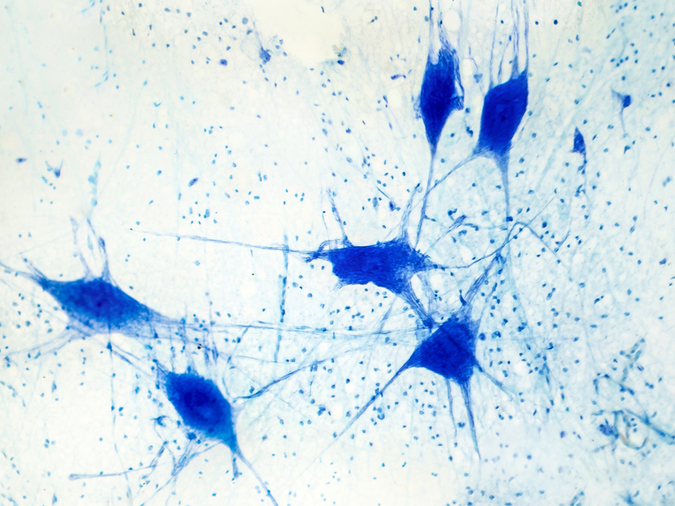Trainees Online (TrOn) is an online learning resource developed by the Royal College of Psychiatrists to support trainee psychiatrists in their preparation for the MRCPsych exams. Modules are being developed to cover the Basic Sciences on the MRCPsych syllabus and there are plans to commission further modules on the clinical topics in the syllabus. TrOn is currently free for all members of the College to access using the same login details as for the Members Area of the main College website.
If you are a supervisor/trainer you can use TrOn as a high quality learning resouce to share with your trainees. All module content is aligned with knowledge that trainees are required to develop for the MRCPsych exams. Please find more information about TrOn here.
Recent modules
by Dr Margaret Gani and Dr Amy Manley and reviewed by Professor Barry Stickland-Hodge and Dr Genevieve Holt
Medicines have desired and undesirable effects. Prescribing medication involves weighing the risks and benefits of the drugs we prescribe. This module discusses some of the unwanted effects of psychiatric medications, exploring their categorisation and pharmacological underpinnings and highlighting how we can recognise, prevent and treat them. It is outside the scope of the module to detail every adverse reaction associated with every drug we use in psychiatry. However it will help you to think about why adverse drug reactions occur, using examples, and hopefully you will be able to apply this thinking to your clinical practice. If you are looking for up-to-date advice about the side-effects of specific drugs we would advise you to check the most recent BNF or the Maudsley Prescribing Guidelines.
by Dr Amy Jebreel and Dr Amit Bhaduri, and reviewed by Dr Sivaguru Gurunathan Mani
The brain is a complex yet fascinating organ. Subtle changes in structure or function can lead to a range of symptoms – as clinicians we both classify and modulate these manifestations using different treatments. Knowledge of the basic structure and function of the nervous system will enhance your understanding of the complex interplay between psychotropic drugs and the brain, including both therapeutic and side-effects. Familiarity with the different cells, chemicals and processes that make up both the central and peripheral nervous system is essential to an understanding of the ‘healthy’ brain and the mechanisms at play when insult, injury or illness is present. In this module we will take a look at the main components of the nervous system and how they communicate with each other. We hope that this will enable you to have a wider understanding of the processes that underpin certain psychiatric illnesses and treatments.
 The development of cerebral functions
The development of cerebral functions
by Dr Deepa Parry-Gupta and Dr Ipshita Mukherjee, reviewed by Dr Darren Carr
This module takes you through the development of the human brain, from its earliest stages to the formation of the adult brain with its cortical layers, different cell types and complex neural pathways. Numerous factors impact on successful brain development and these will be explored, in addition to how neurodevelopment can go wrong and what the consequences are. This module will also look at brain plasticity, as well as the spectrum of neurodevelopmental disorders. The development of cerebral functions is an exciting and fast-developing area, with theories such as the neurodevelopmental hypothesis of schizophrenia still the subject of hot debate. A variety of approaches are included in this module to help make this sometimes complex area approachable – overlapping TrOn modules, such as Types of cell in the nervous system, may help to consolidate your learning in this area.
 Types of cell in the nervous system
Types of cell in the nervous system
by Dr Karen Stanley and reviewed by Dr Annie Swanepoel
The two main types of cells that make up the nervous system are neurons and glial cells. These cells form the core components of the nervous system and knowledge of their structure and function is necessary to understand ‘normal’ and ‘altered’ brain functioning. An understanding of the cells of the nervous system can then be applied to clinical practice. For example, aberrations within these cells are described in the pathophysiology of some psychiatric disorders, such as cortical glial loss in major depression. Certain psychotropic medications that alter neurotransmitter metabolic pathways also affect glial and neuronal functioning. Overall this module aims to include the necessary information to pass the MRCPsych examination, but it will also augment other areas of module learning including the physiology of neurons, neuroreceptors and neurotransmitters.
by Dr Kapila Sachdev and reviewed by Dr Chris Bools
Adult life follows adolescence and leads into old age; however, both these boundaries may have shifted (to the right) in the UK population in recent times. For example, Jeffrey Arnett has proposed a new transitional developmental period between the ages of 17 and 22, which he has termed 'emerging adulthood' (Arnett, 2000). At all stages, and perhaps especially at transition points when larger psychological changes are required to successfully adapt, psychological distress may occur. If this is more serious, overt psychopathology may result from the interaction of a range of genetic and environmental influences. This module looks to help trainees develop an understanding of a number of adaptations that need to be made in adult life.



